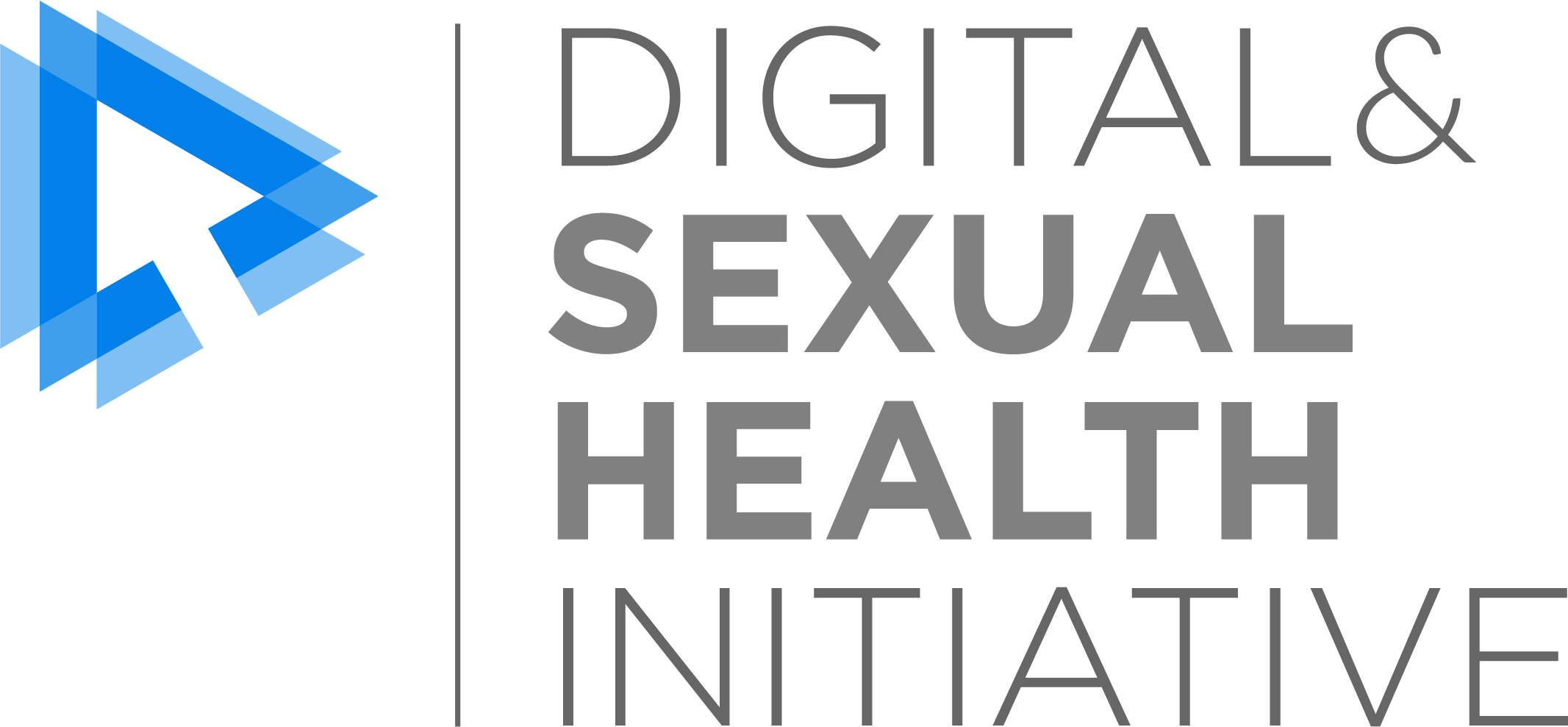SmartSexResource website: Who’s using it and what are they looking for?
Research theme(s)
Sexual Health Websites and Literacy
Haag D, Bondyra M, Jones E, Kline D, Mirau D, Carson A, Chabot C, Shoveller J, Ogilvie G, Gilbert M.
Poster presentation. Canadian Public Health Association Conference, May 25-28, 2015. Vancouver, BC.
Background
SmartSexResource (SSR) is a provincial sexual health website, run by the BC Centre for Disease Control, that aims to improve sexual health equity by providing local, relevant information. The website offers several interactive features to the public and health providers, including a clinic finder, Ask a Question, chat with a nurse and a sexual health blog.
Objectives
To describe website visitors and their viewing behavior to evaluate uptake and success of the program.
Methods
From January 2013 to August 2014, website metrics were captured by Piwik, an open-source web analytics platform. Continuing and changing usage trends were identified.
Results
Between January 2013 and August 2014, monthly site traffic increased approximately 8-fold. Unique visits per month steadily increased for BC visitors, from 2500 to almost 5000, while international traffic vastly increased. Between 27% and 37% of BC visitors were returning visitors, who spent 51% more time on SSR per visit than new BC visitors in 2013. The ‘Get Tested’ section (information about STI and HIV testing) was most commonly visited, followed by the ‘Clinic Finder’ tool (locates testing clinics in BC). For BC residents, the most commonly searched terms on SSR were herpes (11%) and chlamydia (11%), corresponding to the province’s most prevalent sexually transmitted infections (STIs). The section of the website for health providers garnered between 3% and 11% of total visits from BC.
Conclusions
This website is increasingly accessed by BC residents and health providers, who commonly sought information about STI/HIV testing and where to get tested, and were looking for information on prevalent infections.
Policy Implications
Sexual health websites should prioritize local information about STI/HIV testing and STIs, and evaluation of such websites can be aided through monitoring of website metrics.
